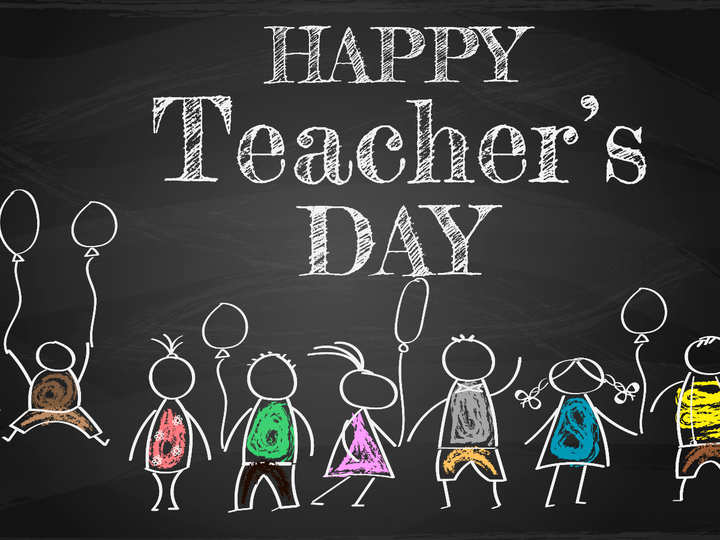Main organ: PISA Governing Body
Region served: World
Parent organization: OECD
Headquarters: OECD Headquarters
The Programme for International Student Assessment (PISA)
PISA is the OECD’s Programme for International Student Assessment. Every three years it tests 15-year-old students from all over the world in reading, mathematics and science. The tests are designed to gauge how well the student’s master key subjects in order to be prepared for real-life situations in the adult world. Why choose 15-year-olds? Because in most countries, at the age of 15, students can decide whether or not they want to continue their education. They therefore need to be equipped for adult life. PISA publishes the results of the test a year after the students are tested to help governments shape their education policy. PISA cycles are referred to by the year in which the students were tested. Therefore PISA 2000 means the students were tested in the year 2000, PISA 2003, in the year 2003 and so forth.
How does PISA work?
- Introduction to PISA
- KVS Teachers Hand book Preparing Ground for PISA
- What are PISA and PISA for Development
- How does PISA work?
- PISA – WHY, WHAT & HOW- AN OVERVIEW
- JOYFUL ACTIVITIES FOR PISA
Mathematics
- PISA FOR DEVELOPMENT – Mathematics Framework
- Preparing Students for PISA – Mathematics (Teacher’s handbook)
- PISA Mathematics for Regional Level Workshop ppt
- PISA -A teachers guide to Mathematics literacy
- OPPORTUNITY FOR TRANSFORMATION IN MATHEMATICS LEARNING
- Ten Questions for Mathematics Teachers… and How PISA Can Help Answer Them
- Mathematics Teaching and Learning Strategies in PISA
- Learning Mathematics for Life
- PISA 2012 Published items – maths
Science
- PISA for Development Science Framework
- PISA-A teachers guide to scientific literacy
- Preparing Students for PISA – Science (Teacher’s Handbook)
- PREPARING STUDENTS FOR SCIENTIFIC LITERACY
- PISA Computer-Based Assessment of Student Skills in Science
- Take the Test-Sample Questions from OE CD’s PISA
- Teacher’s Handbook
- Top of the Class
Reading
- PISA -A teachers guide to reading literacy
- PISA for Development Reading Framework
- Preparing Students for PISA – Reading Literacy(Teacher’s Handbook)
- PISA 2015 reading framework
Sample Papers
Reference
- Students, Computers and Learning
- Effective Teacher Policies
- Are Students Ready for a Technology-Rich World?
- Low-Performing Students
- Student Engagement at School
- Learners for Life: Student Approaches to Learning
- Literacy Skills for the World of Tomorrow
- Knowledge and Skills for Life
- Measuring Student Knowledge and Skills
- Quality Time for Students: Learning In and Out of School
- Learning for Tomorrow’s World
- Problem Solving for Tomorrow’s World
- Learning beyond Fifteen
- Problem Solving for Tomorrow’s World
- Where Immigrant Students Succeed
- Equity in Education
- Balancing School Choice and Equity






No comments:
Post a Comment